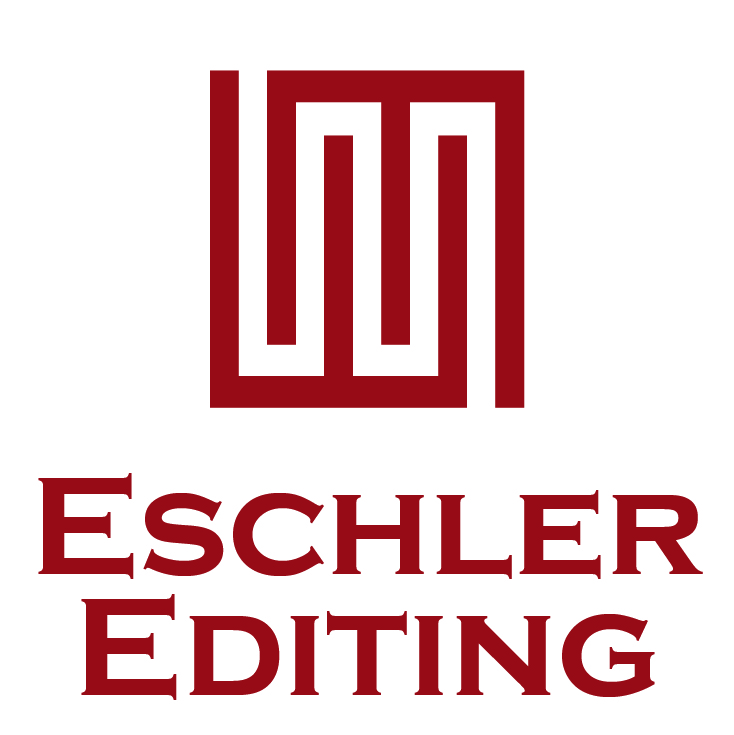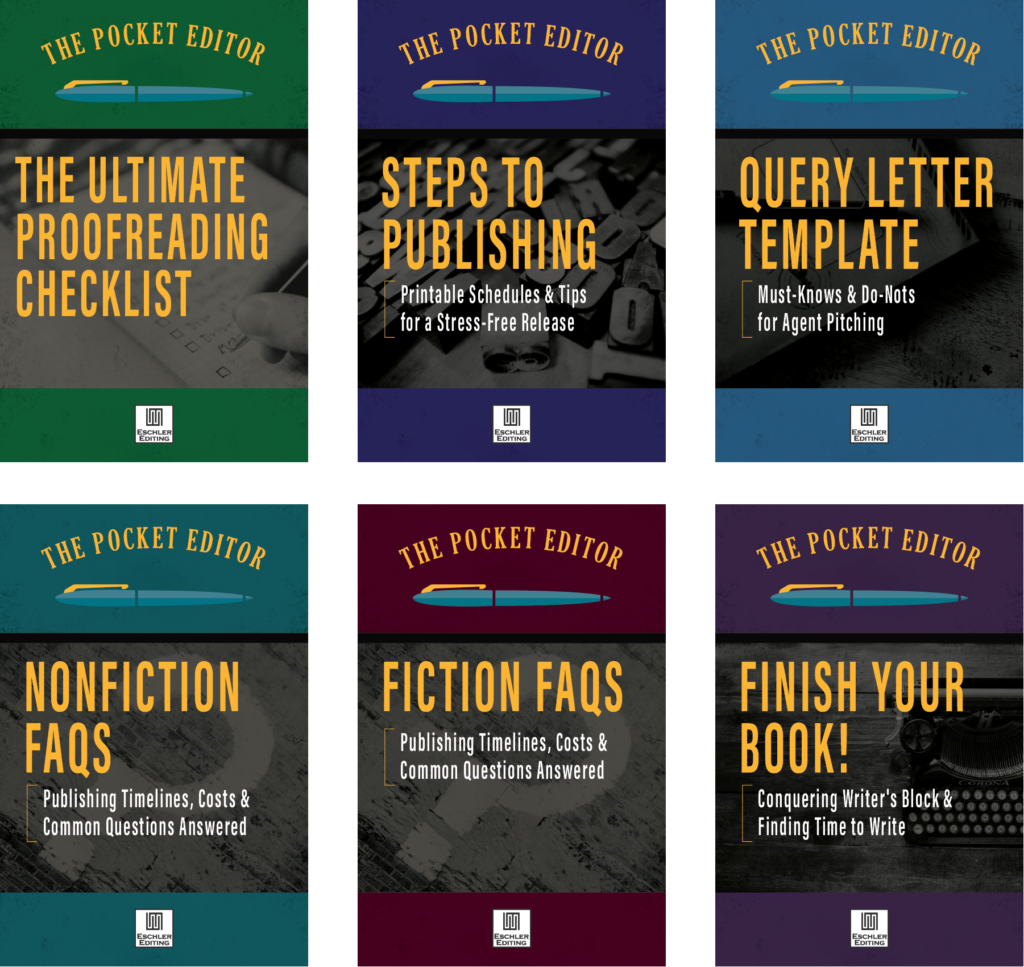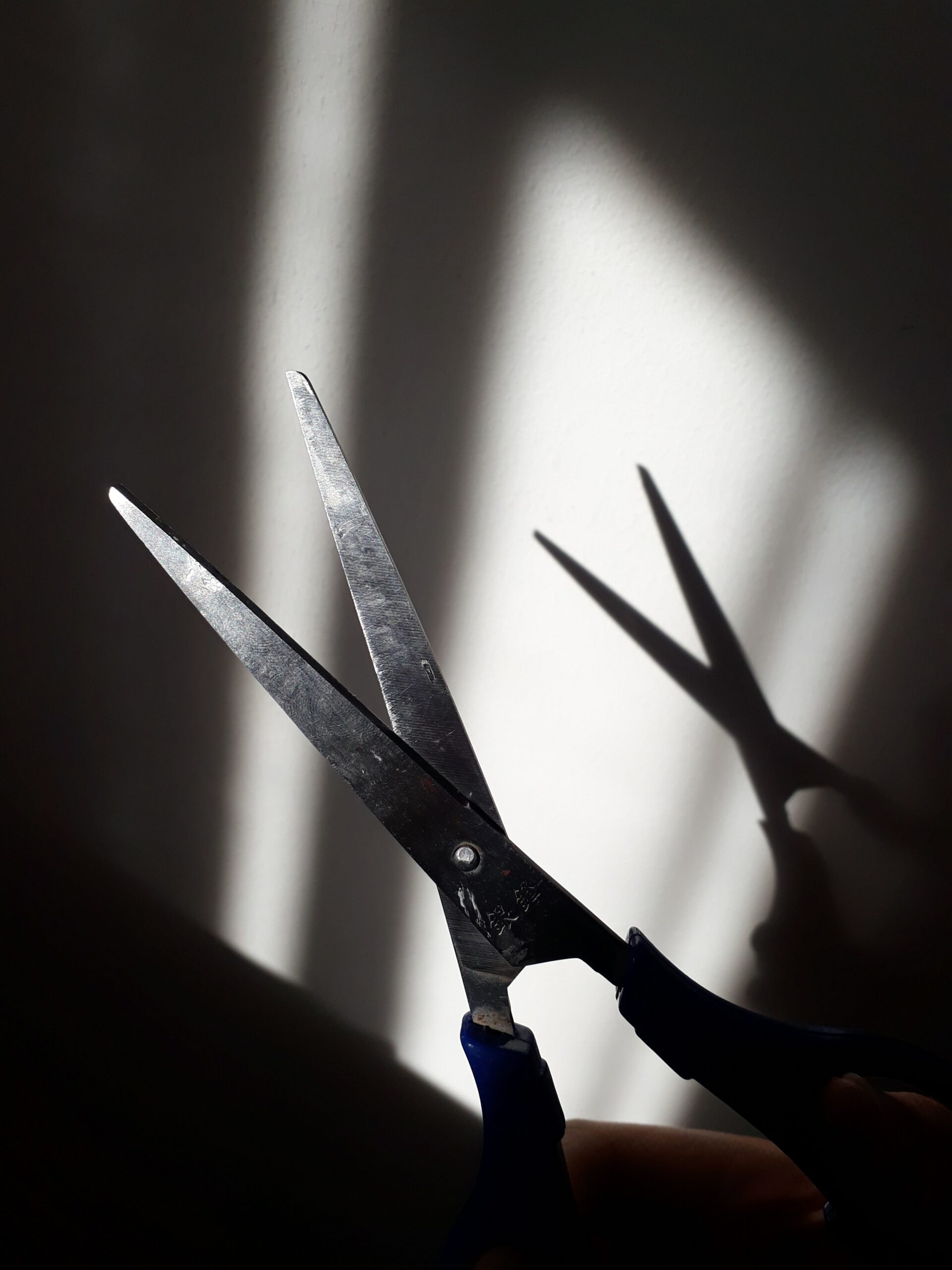
Want to write your life story but don’t know where to start? You’ve learned a lot of lessons in life, and you’ve had experiences you’d like to share with others, whether with family, friends, colleagues, or even complete strangers. But as you’re musing on all the experiences you’ve had, you begin to wonder how you’ll ever organize it all—and how you’ll write it in a way that resonates with readers and doesn’t make them feel like they’re reading dry, old history.
Here’s a tip: Don’t start with the day you were born. Find a theme to focus your story around.
As you’re searching for the perfect theme, keep in mind the difference between your life story, or autobiography, and memoir. Memoirs “feature a story or series of stories centered on a common element from the author’s life, sometimes called slice-of-life stories.” For example, writing solely about overcoming a disease or debilitating addiction would be considered memoir. An autobiography, on the other hand, “takes a broader perspective” and focuses on “key life-history events.” (For additional tips on getting your nonfiction genre right, head over to our “Defining Nonfiction Categories” article when you’re done reading this one!)
Examples of Themes
For a life story, focusing on a theme can help you organize your thoughts, your life events and experiences, and your book as a whole. It can help you focus on those “key life-history” moments that matter most to the reader.
Here are ten themes to get the ideas flowing:
- Crossroads. Is there an event that changed the course of your life? If something different had happened or you’d made a different choice, what would your life be like today?
- Body. How has health or sickness affected your life? Have you overcome any significant physical challenges?
- Death. What was your first experience with death? How did it change you? How do you feel about your own mortality?
- Religion. How has your religion, or lack of it, made you who you are? Write about where your beliefs come from and how they have changed over the years.
- Family. What makes your family unique? What was it like growing up with them? How did it affect you as an adult?
- Goals or dreams. What major goals have you made and met in your life? What dreams did you go for (or wait patiently for), and how did that journey turn out?
- Dinnertime. What is it like around your dinner table on a regular day? How about around the Thanksgiving table?
- Regrets. If you could go back and change one life decision, what would it be? How do you think your life would be different today if you could? If you don’t have major regrets, another way to look at this is to consider your mistakes in life—big and small—what you learned from them, and how you can pass on that wisdom by telling the stories around the mistakes.
- Travel. Where have you traveled? How have those places shaped your worldview?
- Fears. What are you afraid of? What have you avoided because of those fears? How have you overcome your fears, and how did that change your life?
The Wrap-Up
There are many things you can choose to focus on, but this list should get you started. After all, you’re the one person who can decide which theme will best help define and illuminate your life experiences and the lessons you hope to teach.
Do you have a theme idea we didn’t share here? We’d love to hear about it! And if you’re ready to get started on sharing your life lessons, contact us to see how we can help you get them out there!
__________________________________________________________________





Very thought-provoking and well presented. I have several memoirs, short articles about profound events in my life, and they are a decent start. But your themes add much more dimension to both my life’s story and the 7,500 words I have of “Our Family” story. I can visualize each of your themes as chapters, organizing information or events in these categories plus a Summary Chapter wherein a personal observation of the overall information concludes with a (hopefully) positive summation of a good life lived. The ups were positive rewards and the downs were redirecting me to new callings in my life as I matured from one season-of-life to the next. Approaching my 83rd birthday next week I have quite a lot of information and life-experiences to sort through and categorize. But as I concluded in one of my metered, rhyming poems titled “Selected Memoirs Are Revealing,” With joy of the memories and the lessons learned, My duty to record before life is adjourned, Regardless of writing skills or style, The end product makes it all worthwhile. Best Wishes, Warren
I deeply agree with you, Warren. And congrats on reaching the level of wisdom you’re at! My first-grader decided that he’ll watch all the TV he wants when he’s a senior (grandma lives with us), and I had to laugh, because some seniors are more active in life than I am! I’m sure your memoir will offer a great deal of wonderful insight to your posterity and to history!
Thank you Warren and Emilee. I now have a better understanding of where i need to sort and start.
Hi. I am looking for a professional editor for a 50-page life history. It will go in a series of archives for personal papers. I would love this to be fun, interesting, and informative. It talks a bit about where I grew up, the type of environment I had, and what I accomplished in the first part of my life.